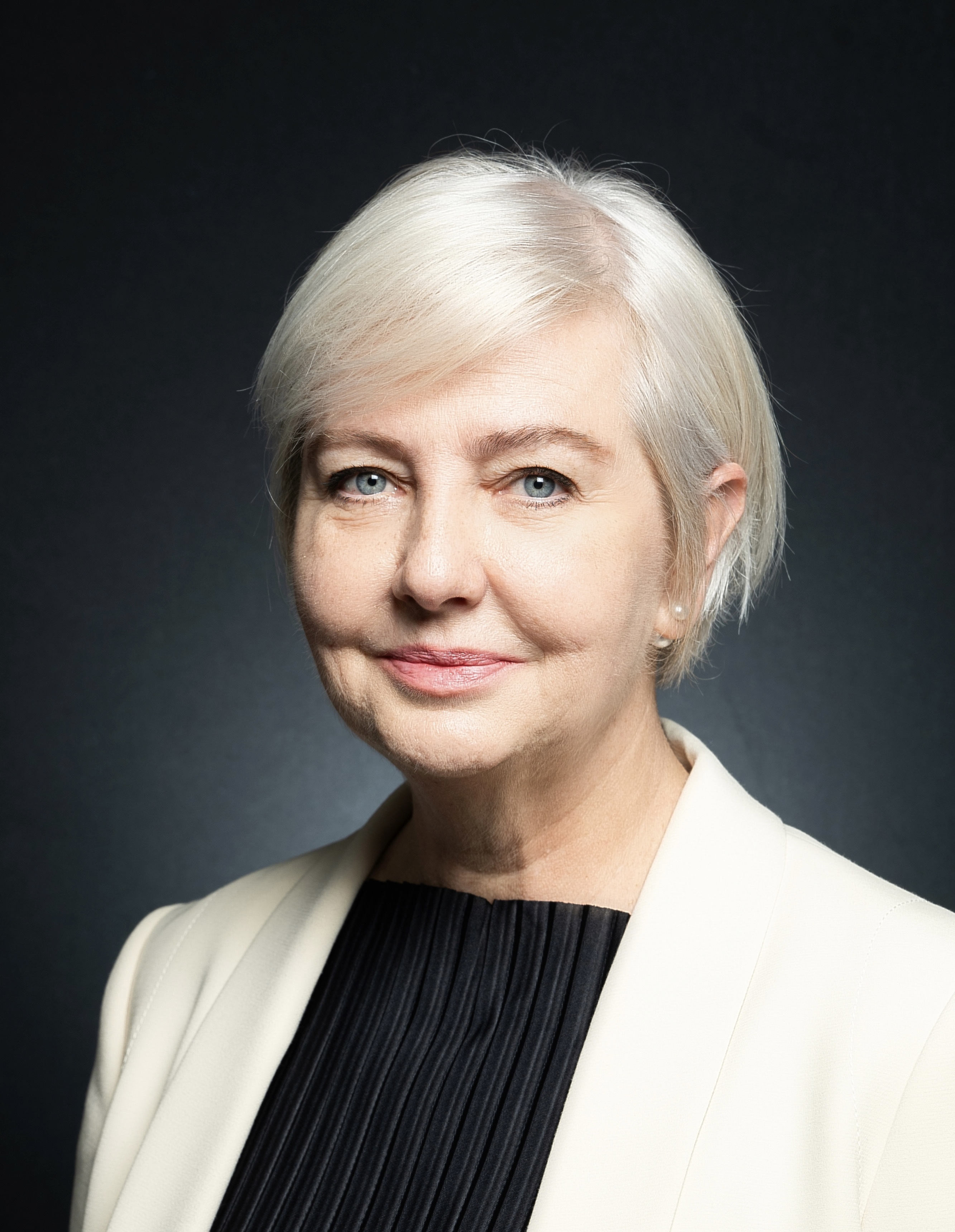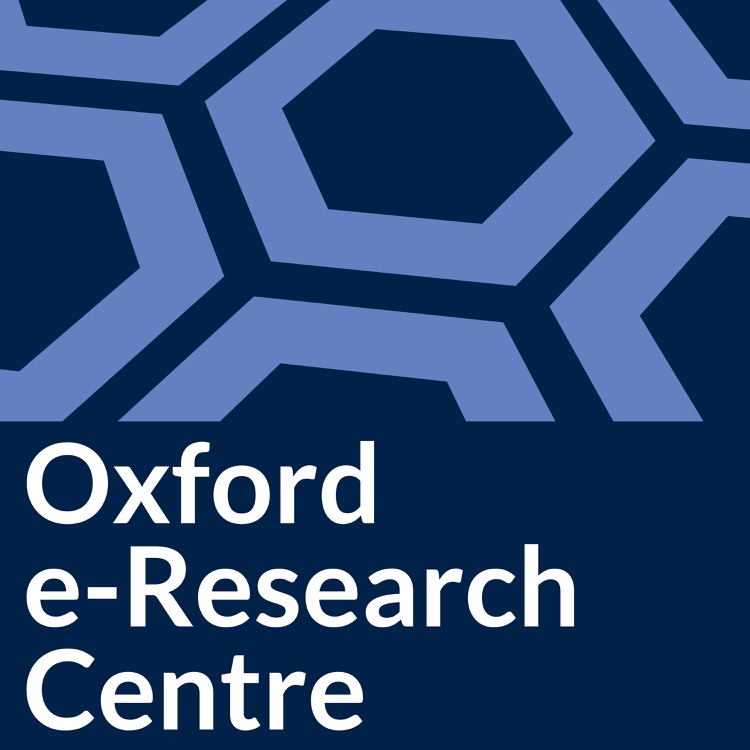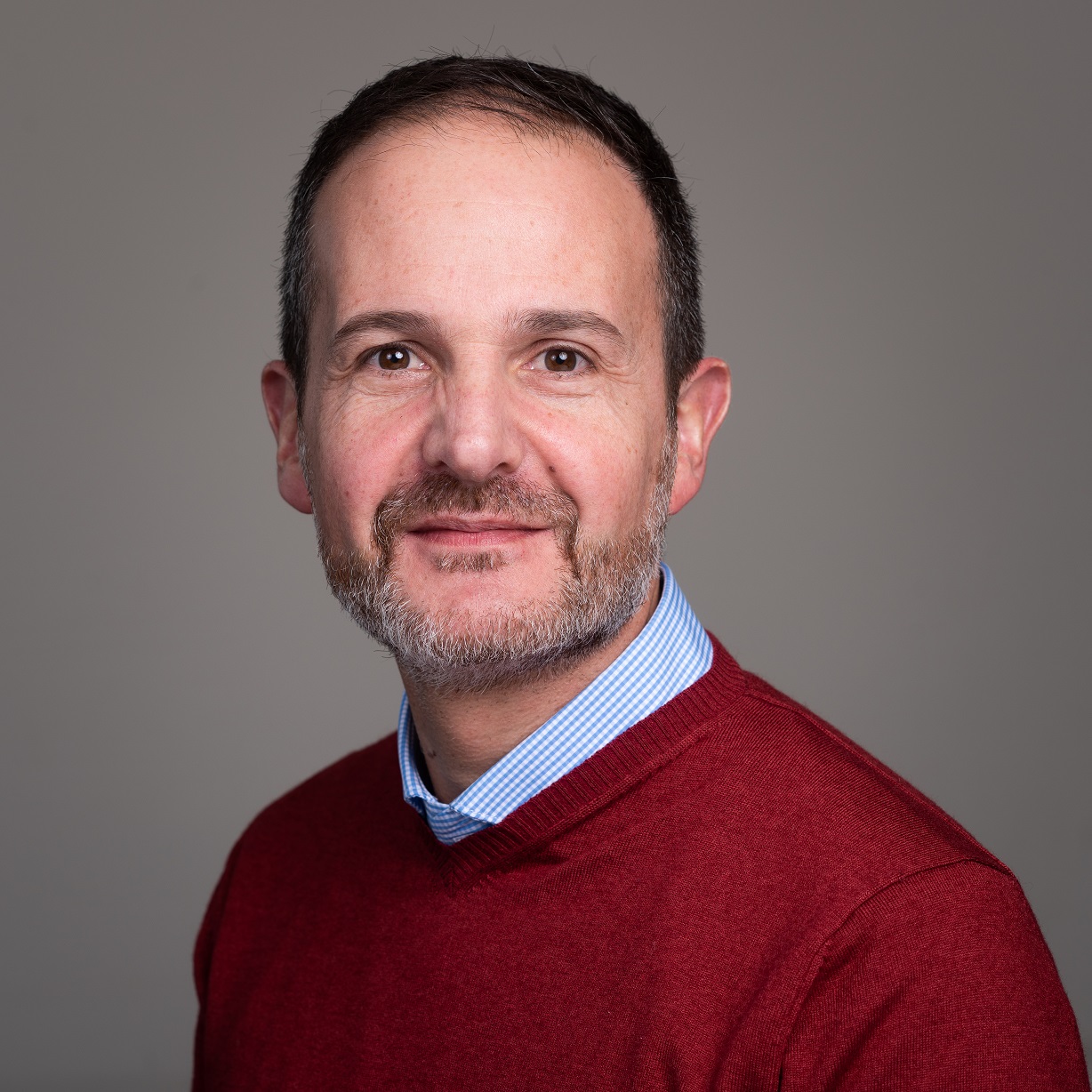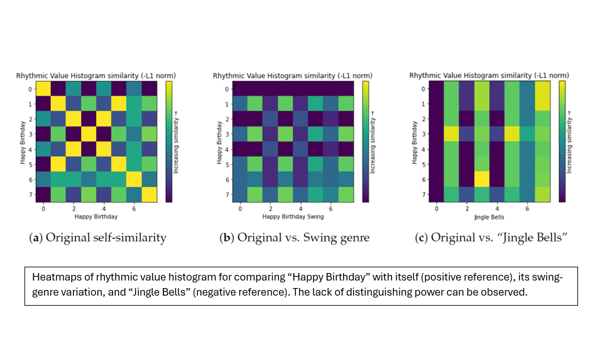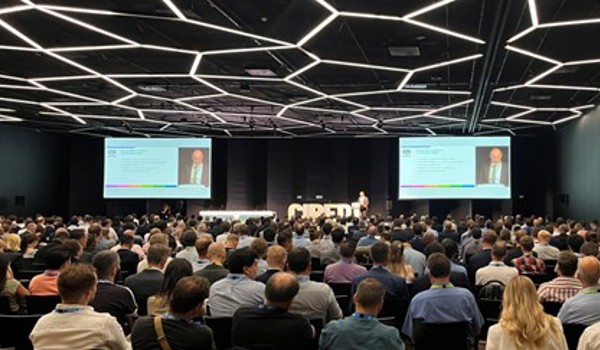14 Mar 2024
Enhancing and Connecting the Planning, Tracking, Assessing Phases of Research
Oxford e-Research Centre’s Data Readiness Group is a core member of the EU project OSTrails, leading the way for the Open Science journey
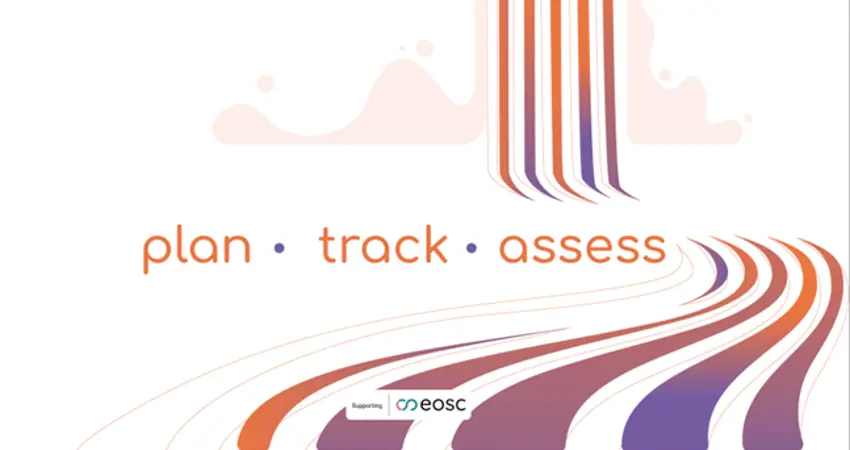
Data Management Plans (DMPs) play the crucial role of outlining researchers' intentions in following best practices to ensure datasets, code and other digital objects are Findable, Accessible, Interoperable and Reusable (FAIR). With numerous European, international, and national funders following suit, DMPs are now widely promoted as a valuable tool for implementing effective data management, but to date there is no evidence to suggest that DMPs have resulted in better practices, or FAIRer digital objects. Also, assessing DMPs at scale is challenging, if not impossible at this stage.
OSTrails aims to transform DMPs from simple plans, which are defined at the beginning of a project and often forgotten, into live, actionable guidance to enable FAIR-by-design, and that can be used and revised at any point in the research life cycle. Machine actionable DMPs will also help to track and then assess the level of FAIRness reached by the relevant digital object they cover. OSTrails will also treat DMPs as research outputs, and along with publications, datasets, code, workflows and make them part of the research assessment. This will require the expansion, enhancement and interoperability of a number of Scholarly Knowledge Graphs (SKGs), as well as the identification of new metrics, beside the bibliometrics indicators for publications, to take in account the broader and heterogeneous ecosystem of research digital objects.
“We aim to shift the landscape, towards more researcher-centric, educative, and integrated approach, as well as delivering tools, services and guidance that reward and enable research behaviour underpinning open and FAIR science practice”
says Susanna-Assunta Sansone, Professor of Data Readiness, and Academic Lead of Research Practice for the University.
Last but not least, OSTrails will address the “gamification” of FAIR assessments, and ensure that the mechanisms to evaluate the FAIRness of research digital objects are transparent, are neither misused nor misinterpreted. “We will turn FAIR assessments into FAIR assistance, delivering guidance, and not judgement”.
OSTrails project
Among Seven ambitious EOSC-related Horizon Europe projects kicking off their three-year journey in 2024, The OSTrails project is a collaborative 3-year initiative with a substantial €7M budget that, by connecting the building blocks across the Plan-Track-Assess stages, will provide end-to-end solutions that serve: (i) researchers, and research support personnel, to realise FAIR at any stage of the research life cycle, and for relevant digital objects, planning for optimal FAIRness when designing the DMPs, and revising and executing it iteratively; and (ii) research funding organisations (RFOs), research producing organisations (RPOs), publishers and other stakeholders to monitor and drive the improvement of the quality of RDM for any shared, funded and published research products.
OSTrails consortium
OSTrails is a multistakeholder consortium of 38 partners, technical experts, research infrastructures representatives, and communities of researchers from all disciplines that co-design and pilot the methods and tooling. OSTrails will be bolstered by considerable community work, and strongly rooted in the work of 22 RPOs, the five ESFRI Science Clusters (ENVRI – Environmental Science; EOSC-Life – Life Science; ESCAPE – Astronomy; PANOSC – Photon Neutron Science; SSHOC – Social Sciences and Humanities), which formally participate in the consortium and are part of the core technical team. Recognising that there is no one-size-fits-all solution, and to ensure buy-in at scale, a total of 24 pilots are set to engage RPOs, RFOs and all other organizations in the ESFRI Clusters to co-create, implement, validate, and adopt OSTrails results.
Data Readiness Group
The Data Readiness Group is part of the OSTrails core technical team. The Group will contribute: (i) via FAIRsharing, a globally-endorsed resource and community of stakeholders promoting the value of FAIR-enabling standards, repositories and policies, and (ii) as representative of the EOSC-Life Cluster, via ELIXIR, since the Group is a leading member of the ELIXIR-UK Node. In particular, FAIRsharing will power content for actionable DMPs and FAIR assessment/evaluation/assistance tools, as well as contribute to the enrichment of SKGs, working with all five ESFRI Science Clusters, which represent European Research Infrastructure in all disciplines.

